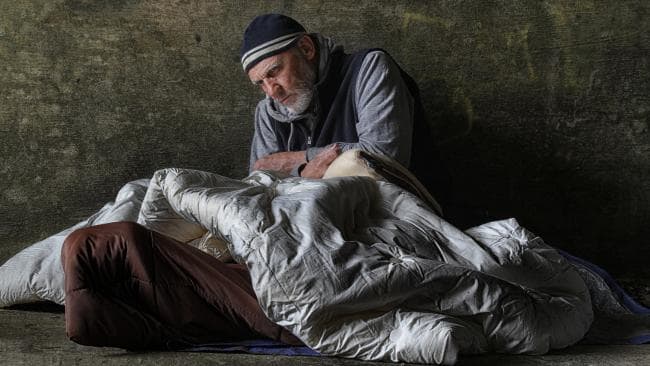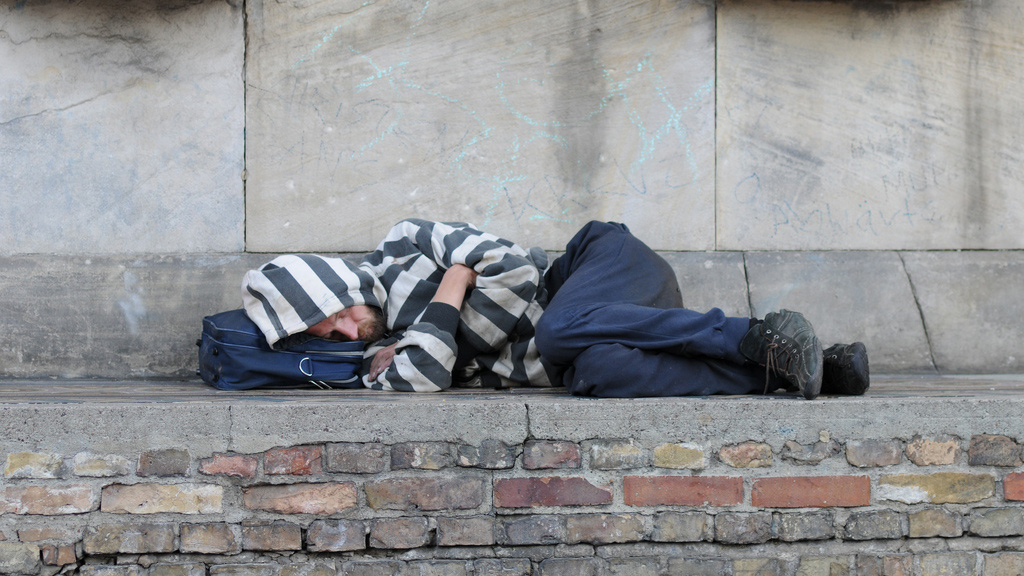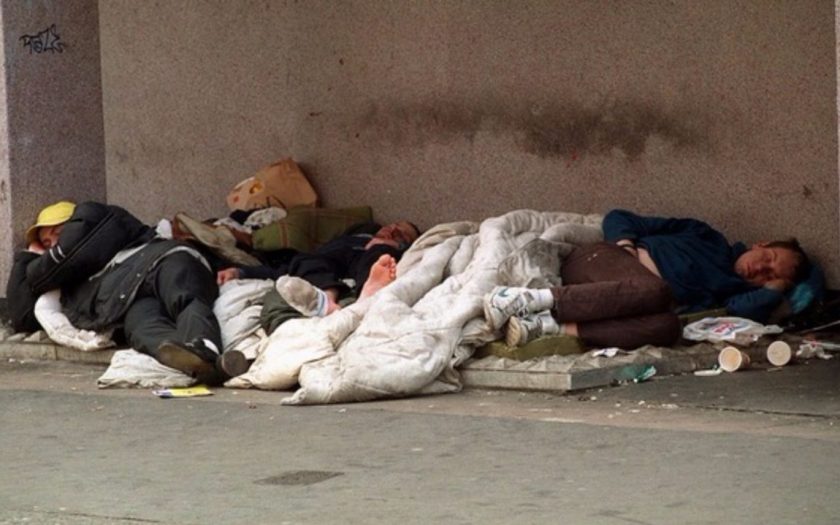Do you remember those sweltering days of July? When it was so hot that sleeping became a problem. Incredibly high temperatures and no breeze.
And how we moaned! But as we move towards October there is a definite chill in the air. Nothing too threatening, no cause for double duvets – and no need yet to reach out for the thermostat to bring about a quick short blast of central heating.
All of those normal things we do without giving a second thought.

But for the homeless people, the rough sleepers, it’s an early indication of what is to come. Autumn, and then Winter, and then nights that are so cold that probably none of us can appreciate what it must be like. And then there is the fear – the fear of violence as they must be among the the most vulnerable people in our community!
The most recent figures indicate that there were 4,751 (2017) people sleeping rough across England – a 15% increase on the previous year.
And in addition to those sleeping rough there were, in England, 57,890 households accepted as homeless, in Scotland it was 34,100 and 9,120 in Wales.
Surely, for the sixth richest economy in the world, this has to be unacceptable?

Rough sleeping is self evident. They are visible. We see them huddled in shop doorways, under railway arches and on pavements. There are many reasons why people become homeless (drug and alcohol misuse, trauma from previous experiences, violence at home etc.) but mental health problems are probably the major factor.
There are of course the more mundane reasons like the affordability of housing and the affordability of renting.
And there is also the ‘Catch 22’ scenario of mental health issues leading to homelessness – and homelessness increasing those mental health problems.

The statistics that are damming:-
Homeless people are more vulnerable to alcohol and drug use
Being homeless is a barrier to getting employment
Homeless people with mental health issues, particularly rough sleepers, often have less access to mental health professionals due to the lack of address or their complex needs
……………………………………………………………………………………………………………….
As a major first world economy we should not be witnessing this problem. The cost of providing accommodation and treatment, compared with the renewal of Trident or HS2, is so tiny it basically doesn’t count. If only one of our politicians could really experience what life was like on the streets (as apart from a publicity stunt) then maybe we would start to witness the beginning of the end of this problem.

